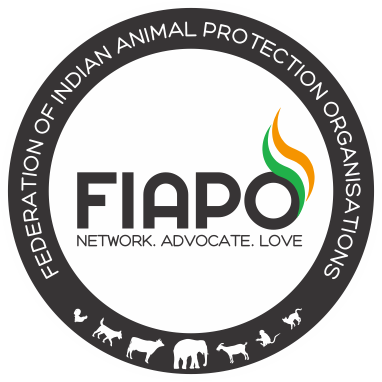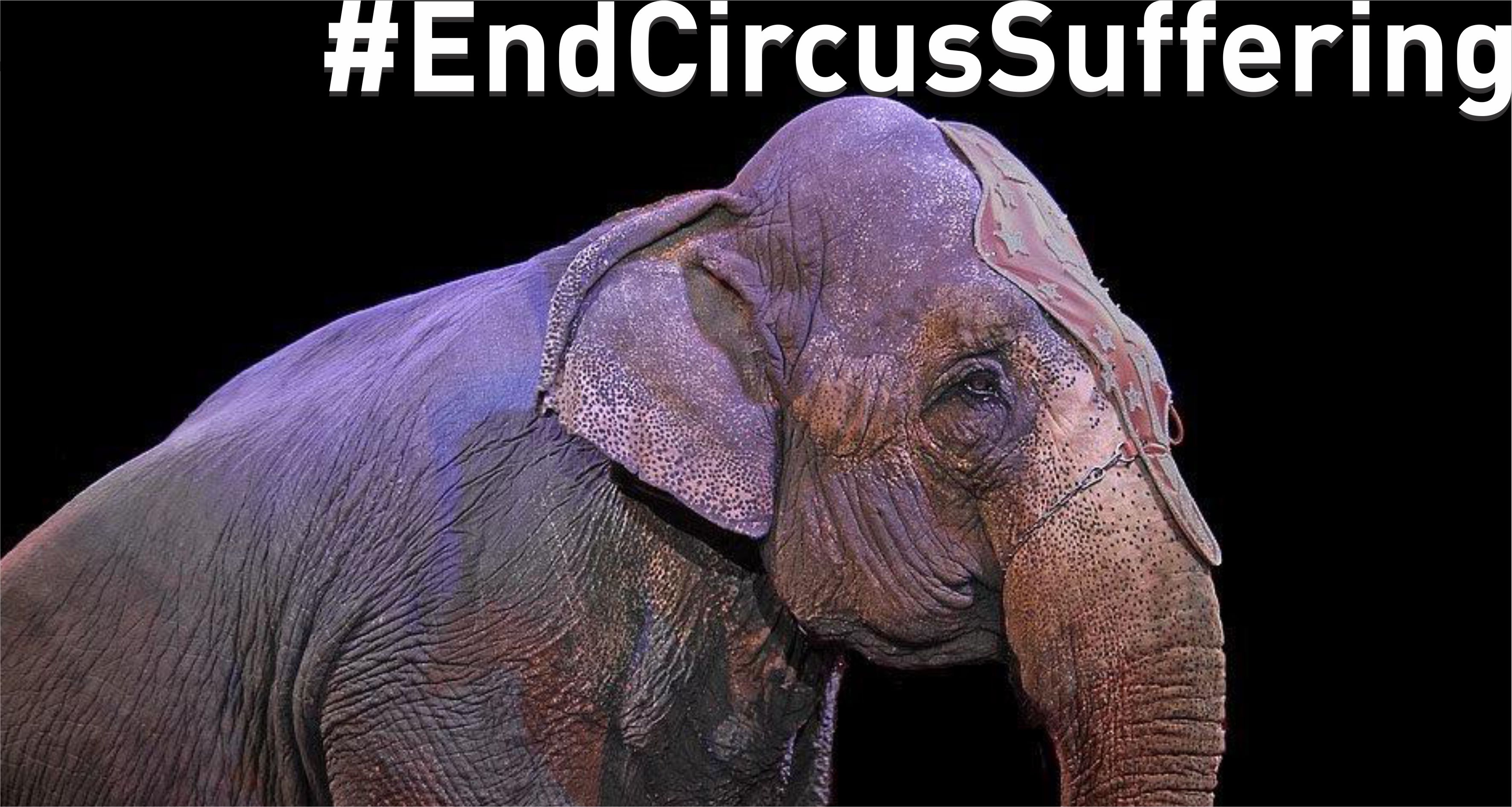
In 2013, FIAPO achieved a historic victory for all cetaceans, particularly dolphins, through its “Ban Captive Dolphins” campaign, where the Ministry of Environment, Forests and Climate Change (MoFECC) recognised all cetaceans as nonhuman persons deeming them “extremely intelligent” with “highly developed social structures.”
The campaign “Ban Captive Dolphins” was launched in partnership with Wildlife Rescue and Rehabilitation Centre, Earth Island Institute’s Dolphin Project, Global Greengrants Fund and the Born Free Foundation. FIAPO recognised the urgency to launch a campaign, when proposals arose to establish captive cetacean facilities in India for commercial entertainment in the states of Kerala, Maharashtra, Gujarat, Andaman’s, Delhi and Goa.
FIAPO’s interactions with the Animal Welfare Board of India (AWBI) led them to issue a statement to all state governments barring them from issuing performance certificates as required by the Prevention of Cruelty to Animals Act, 1960.
Petitioning the Central Zoo Authority (CZA) of India resulted in the CZA issuing a statement that captive dolphin facilities would be classed as ‘zoos’ and would require compliance with ‘zoo guidelines’ and also require prior permission from the Hon’ble Supreme Court of India.
The campaign was run in parallel segments of preventive and mobilisation actions from 2012 – 2013. Outreach activities were conducted through social media, participation in environment and wildlife-centric festivals, global and national print media and radio, concentrating focus on the physical and psychological stresses suffered by marine mammals during capture and captivity.
As a result of FIAPO’s well-knit public outreach, animal protectors in several cities formed their own groups to develop innovative ideas to sensitise people to the issues of keeping dolphins in captivity, including a coalition of environmentalists in Kerala and a local group in Goa.





